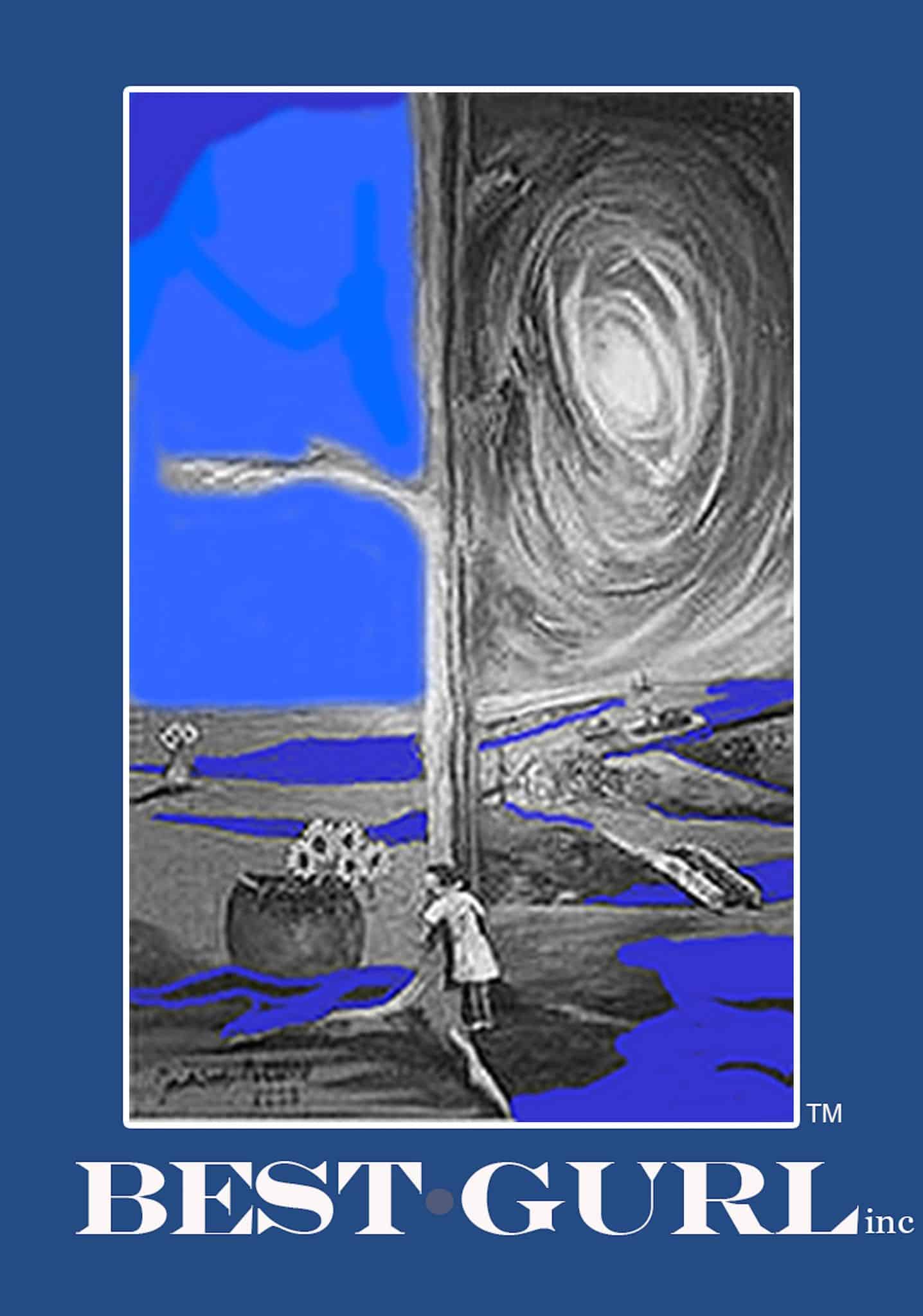

The Big O is gone.
My friend. My teammate. The man who helped me through the biggest cultural change of my life is gone. James Curtis Owens died today, March 26, 2016. I knew it was coming. We all knew it was coming. But knowing and living beyond it leaves a hurt and pain deep down in my soul.
I first saw the Big O on a Friday night at John Carroll Athletic Field on Montclair Road in Birmingham, Alabama. I was a junior at John Carroll High School, playing my first full year of organized football. We were a small, rag tag, undersized bunch playing about two classifications above our ability and size level. We didn’t win very often.
The opponent was Fairfield High School. They were good. They had a starter named James Owens, who would later sign with Auburn University, becoming the first African American to integrate a major state university in Alabama, Georgia, and Mississippi… the Deep South. Now, he was warming up across the field from me. A running back, he was tall, lanky and wore a horse collar around his neck. He was about 6’2” and weighed close to 210 pounds. He looked dangerous. Ready to kick some you know what!
Our coach had warned us about him. He’d then gone on to tell the lie that coaches tell outmanned teams when they are about to get slaughtered by a bigger, faster, better team with bigger, faster, better players.
Referring to Owens, our coach said, “Hey! He’s no better than you. He puts his pants on one leg at a time just like you do.”
We all knew that was bullshit. Putting his pants on like we did had nothing to do with playing the way we did. This guy was All-State in football and track. He ran the 100 hundred-yard dash and threw the shot-put. He was a monster. I was glad as hell I wasn’t on defense.
It wasn’t pretty. He left carnage on the field. I don’t remember the score but it wasn’t close. After it was over, I watched him walk off the field where he had dominated us. Having integrated Fairfield High School football he was now heading off to be one of the first blacks in the Southeastern Conference.
Two years later, I would join James and Virgil Pearson, also from Fairfield, and Auburn’s first African American Athlete, Henry Harris, at Auburn University.
As a basketball player, Henry often travelled in different circles. For Virgil and me, James became our Daddy. We nicknamed him “Daddy O.” He was strong like our fathers, but gentle towards us, who had followed him. We not only respected him, everybody, on and off the field and in the athletic complex, held James in high esteem. Integration made things socially awkward but everybody respected James for his quiet, dignified courage. That respect lasted all of his life.
Our special friendship lasted from 1970 until his death. Like close friends we drifted apart throughout the seasons of our lives but we always found each other again because of the love and respect we had for our shared experience.
Henry left Auburn University after his senior basketball season. Virgil left his sophomore year, looking for a different experience. For the next two years on the varsity football team It was just James and me, as athletes of color. For the rest of his life we always relived that experience.
Between us we realized there was no one else in the world who shared that loneliness, that moment in our lives where we carried the pail of integration uphill without much assistance from those who could have helped us along. Those times were about providing for those whom would follow. We knew that. It kept us going.
James kept me grounded. He talked me down many times when, emotionally, I was way over the top. Over time, we embraced our teammates and they embraced us with that special bond that comes from the shared experiences of being teammates and winning games. During the two years when James and I were the two black pioneers on the team, we won 19 games and lost 3. We were a part of something bigger than us.
Throughout the decades that followed we talked a lot about those times. We always circled back to that experience. What had been a painful part of our lives had become, by the 21st century, a memory of achievement, a gift that we gave to all who followed at our university, not just the black athletes. We also grew to love our teammates and they loved us back. Today we are teammates for life. It ‘s more than a slogan. We live it.
James is an Auburn University icon. He doesn’t need for me to tell everyone about his contributions. Look around the university and you will see his accomplishments in the faces of the young men on the football team, the basketball team, the track team, the baseball team and in the faces of the young women on the softball team, the basketball team and all the other sports that did not exist before integration.
He will always be remembered for what he gave to Auburn University, the state of Alabama and college football. I will always remember him as my friend.